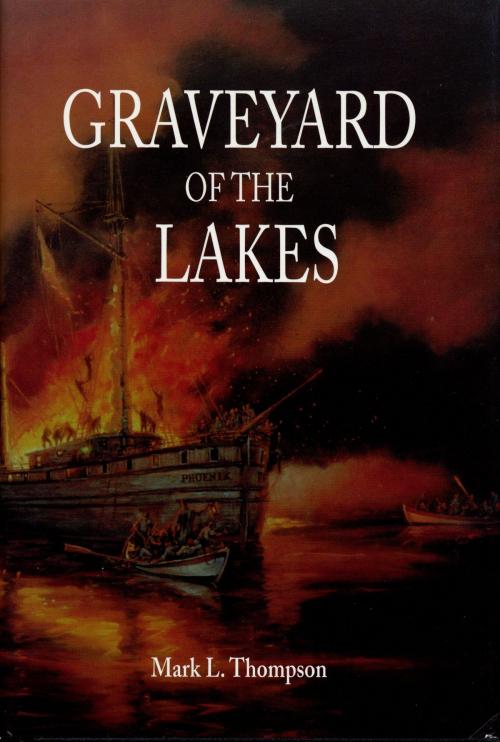Graveyard of the Lakes
Nonfiction, Reference & Language, Transportation, Ships & Shipbuilding, History, Americas, United States, Social & Cultural Studies, Social Science| Author: | Mark L. Thompson | ISBN: | 9780814339411 |
| Publisher: | Wayne State University Press | Publication: | May 1, 2000 |
| Imprint: | Wayne State University Press | Language: | English |
| Author: | Mark L. Thompson |
| ISBN: | 9780814339411 |
| Publisher: | Wayne State University Press |
| Publication: | May 1, 2000 |
| Imprint: | Wayne State University Press |
| Language: | English |
For the first time, a historian and seasoned mariner looks beyond the specific circumstances of individual shipwrecks in an effort to reach a clearer understanding of the economic, political, and psychological factors that have influenced the 25,000 wrecks on the Great Lakes over the past 300 years. Looking at the entire tragic history of shipwrecks on North America's expansive inland seas, from the 1679 loss of the Griffon to the mysterious sinking of the Edmund Fitzgerald in 1975, Mark L. Thompson concludes that a wreck is not an isolated event. In Graveyard of the Lakes, Thompson suggests that most of the accidents and deaths on the lakes have been the result of human error, ranging from simple mistakes to gross incompetence. In addition to his compelling analysis of the causes of shipwrecks, Thompson includes factual accounts of more than one hundred wrecks. Graveyard of the Lakes will forever change the reader's perspective on shipwrecks.
For the first time, a historian and seasoned mariner looks beyond the specific circumstances of individual shipwrecks in an effort to reach a clearer understanding of the economic, political, and psychological factors that have influenced the 25,000 wrecks on the Great Lakes over the past 300 years. Looking at the entire tragic history of shipwrecks on North America's expansive inland seas, from the 1679 loss of the Griffon to the mysterious sinking of the Edmund Fitzgerald in 1975, Mark L. Thompson concludes that a wreck is not an isolated event. In Graveyard of the Lakes, Thompson suggests that most of the accidents and deaths on the lakes have been the result of human error, ranging from simple mistakes to gross incompetence. In addition to his compelling analysis of the causes of shipwrecks, Thompson includes factual accounts of more than one hundred wrecks. Graveyard of the Lakes will forever change the reader's perspective on shipwrecks.















